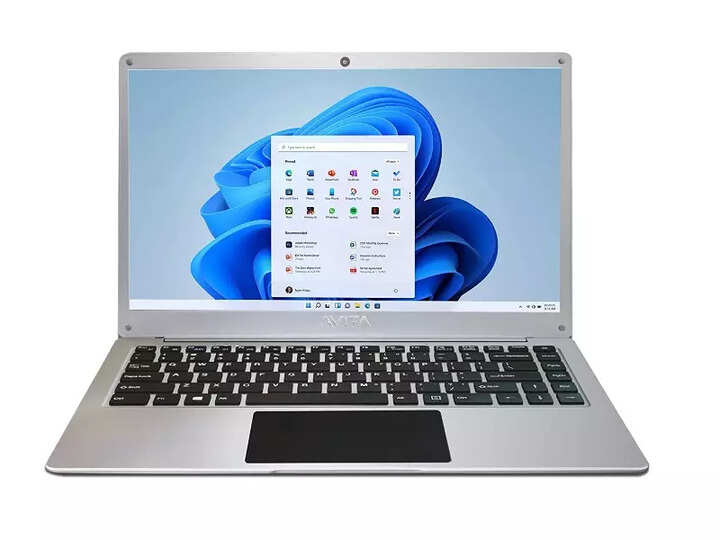
Laptops and PCs usually get slow over time. Regardless of the reason, working on a slow PC not only hurts productivity it can also be frustrating. However, there are a few things that may help you improve the speed of your Windows-powered laptop or PC. While these quick fixes will not make your PC blazing fast, they will surely improve its speed as well as increase its life.
Run Windows update and install the latest drivers
Make sure the latest version of the operating system is installed. Operating system updates include stability improvements, bug fixes and more. Updating to the latest version can also solve the slow performance if it is being caused by a bug. The same applies to the drivers. Check if there’s any update available for the drivers and install them.
Remove/uninstall unwanted apps and services
Sometimes an app or software installed in the system contains some malware or are resource hungry. Removing them can help improve the performance. It is also recommended that you should remove the apps and software that you no longer use.
Turn Off Startup programs to speed up the boot speed
If your laptop is taking time during the startup process, then disable some of the services from the Task Manager. Doing this, will load up less apps and services while booting the system.
Remove third-party antivirus software
Sometimes, antivirus software can also cause the system to slow down due to its background scanning services. If you are facing speed issues with your system, try disabling them or removing them. If things get back to normal, you might want to leave them disabled or uninstalled. Meanwhile, Windows 10 and Windows 11 come with Microsoft Defender which is a built-in defense system for the operating system.
Delete Junk files
Cleaning up the junk and temporary files is important as it can slow down the system. Also, make sure that you have enough storage space in your ‘c:’ drive.
Reinstall Windows
If nothing works, reinstalling Windows on your laptop or desktop computer may help. This will help to clean up your system: Clean junk files and apps that you no longer use; and remove any viruses, malware and adware that may have infected your system. The simplest way to reinstall Windows 10 is: Click ‘Start > Settings > Update & security > Recovery’ and then choose ‘Get started’ under ‘Reset this PC’. A full reinstall wipes your entire drive, so select ‘Remove everything’.
Go for a hardware upgrade without buying a new PC
Now, these are some simple things that you can try to improve the performance of your Windows laptop. If all these things don’t work, consider upgrading your hardware before buying a new one. For instance, if your system has a regular hard drive, change it with an SSD. You can also look at upgrading your RAM to improve the performance of your computer. If nothing works, it’s time to buy a new system.
FacebookTwitterLinkedin
.